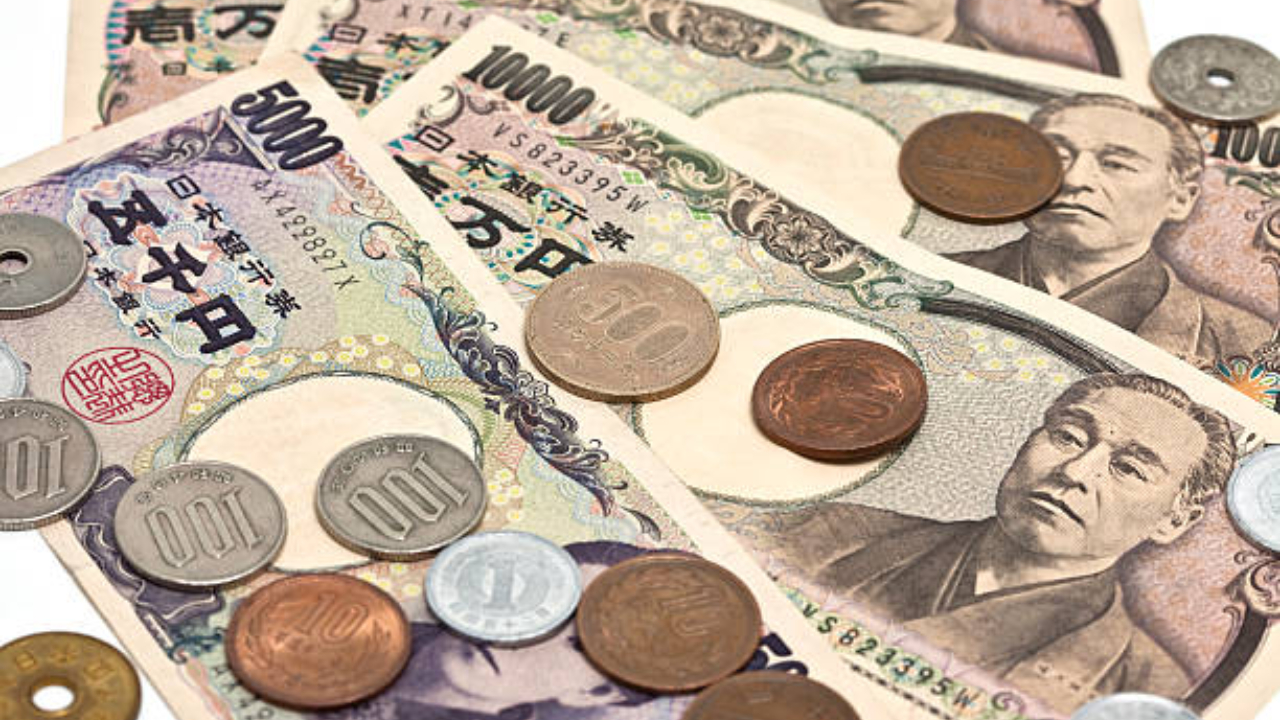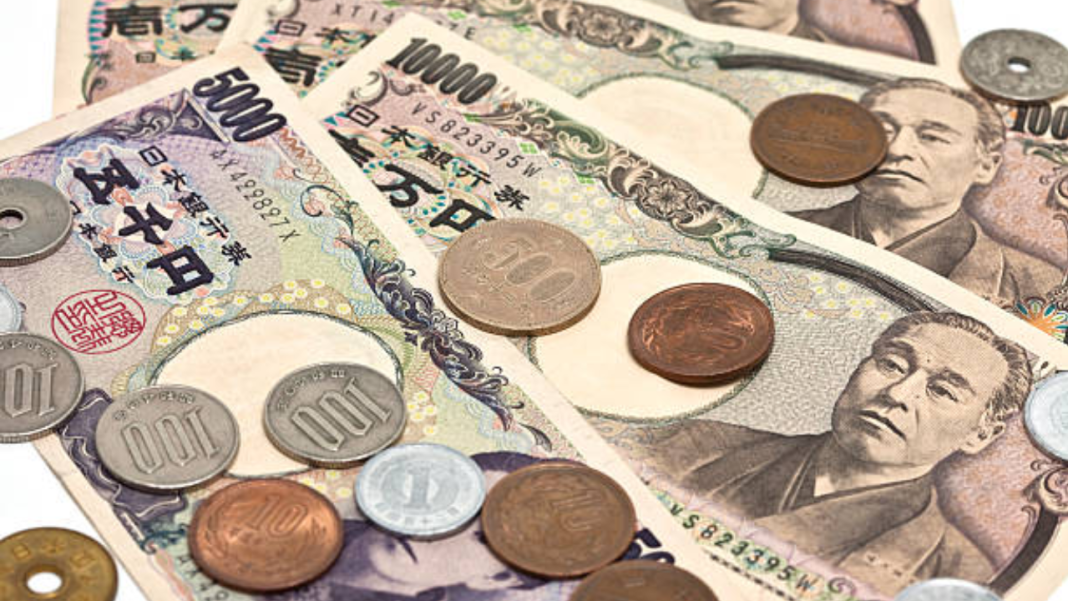 The Decline of the Japanese Yen and its Impact on China
The Decline of the Japanese Yen and its Impact on China
Introduction
When it comes to Beijing’s grievances against Japan, they often revolve around Tokyo’s close ties with the American military and Japanese actions during World War II. However, there is a more pragmatic and direct reason for Beijing’s concern regarding what is happening in Tokyo – the decline of the Japanese yen. This decline, which has seen the yen fall to around 160 against the US dollar, has prompted serious hand-wringing in Beijing.
Monetary Policies and Exchange Rates
For much of this century, the United States has implemented monetary policies similar to those of other major economies such as Europe, Japan, and China. Similar interest rates matched underlying economic fundamentals, resulting in exchange rates fluctuating within acceptable ranges. However, the post-COVID-19 inflation in the US has fundamentally changed this dynamic.
Countries tend to run similar monetary policies when their economic factors allow for it. For example, if one country has 5% real GDP growth and 2% inflation, a neighboring country might have 2% real GDP growth and 5% inflation. By keeping interest rates neutral, both countries can maintain broadly consistent monetary policies without disruptive exchange rate flows.
Impact of Inflation in the US
The recent bout of inflation in the US, driven by record deficits, supply chain disruptions, and a tight labor market, has upset this delicate balance. The Federal Reserve has responded by raising interest rates and vowing to keep them elevated. However, this poses a problem for countries like Japan and China, which have weak economies on the brink of deflation and desperately need lower interest rates.
Fall of the Japanese Yen
Since the beginning of 2021, the Japanese yen has fallen from 103 to the US dollar to a recent low of 160. Within the past year alone, it has dropped from 135. This significant decline presents investors with a simple choice: put their money into a US government bond yielding 5% or a Japanese government bond yielding near zero.
Spillover Impact on China
The fall of the Japanese yen also has spillover effects on China. With a stagnant working-age population, a slowing economy, and heavy reliance on exports, there are notable similarities between China and Japan. However, their exchange rate regimes differ. While Japan allows the yen to decline freely, China exercises strict capital controls and sets prices through the central bank.
Pressure on China’s Yuan
As the yen has declined by around 50% over the past few years, the yuan has only decreased by about 10%. This significant discrepancy adds pressure to China, compounded by the interest rate disparities between the US and China. Beijing has attempted to maintain the yuan artificially high while Japan has allowed the yen to decline. The reasons for this policy path may include concerns about a self-fulfilling prophecy of currency decline, trade tensions with the US, maintaining economic prosperity image, and the need for capital.
The People’s Bank of China’s Response
The People’s Bank of China has not provided clear indications of its policy path forward. However, it is evident that the decline of the yen is placing even more pressure on the yuan. Even if the yen does not rebound or decline significantly, a sustained level of the yen at a depressed rate will continue to exert enormous pressure on the yuan. This does not even take into account the ongoing interest rate differentials between the US and China.
Conclusion
The decline of the Japanese yen and its impact on China’s yuan raises significant concerns for Beijing. The divergence in monetary policies between the US and countries like Japan and China creates challenges in maintaining exchange rate stability. As Beijing grapples with various factors such as trade tensions, capital needs, and its image as an economic manager, the pressure on the yuan is likely to persist. The path forward for the People’s Bank of China remains uncertain, but it is clear that the issue of monetary divergence requires careful consideration and strategic decision-making.


